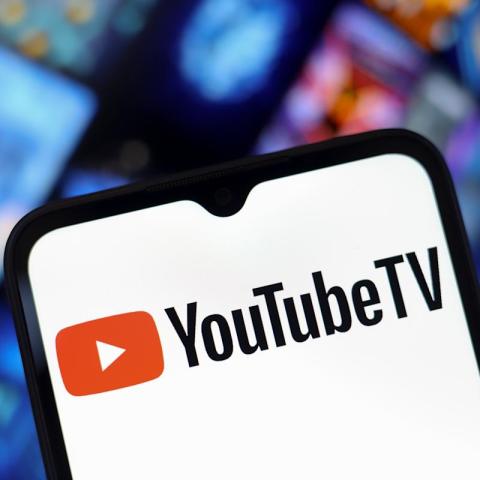Samsung has been at the forefront of creating desktop-like experiences for smartphones and tablets. Now, Google is stepping into this arena with a new desktop mode for Android.
With the introduction of Android 14 QPR3, Google allowed Pixel 8 users to mirror their screens. They can project content, like presentations, onto larger displays. Fast forward to Android 15 QPR1, and we see the evolution of this feature with developer previews enabling desktop windowing on the Pixel Tablet.
Currently, with the latest Android 16 beta, users can connect their devices to larger screens and utilize features reminiscent of traditional desktops. This includes a taskbar with pinned apps and easy access to the launcher. You can also still use your phone while in this mode.
Status notifications and settings are easily accessible. Apps can be resized and arranged side-by-side, much like on any computer, and users can navigate using a physical keyboard and mouse.
However, the big question remains: when will this feature become widely available? It’s also worth considering how this aligns with Google’s overall vision for desktop computing. While they’ve been making strides to blend ChromOS with Android, the implications of adding desktop capabilities to Android devices could lead to new types of laptops or convertibles.
A report from Statista highlights that 20% of global users prefer using their smartphones as primary devices for work, which might explain Google’s push toward creating a seamless desktop experience from mobile devices. When users are accustomed to traditional laptops, transitioning to a desktop experience on phones can feel odd. Many still believe in purchasing a dedicated device for desktop tasks, making this shift a challenge.
On social media, users express mixed feelings. Some love the idea of versatile devices, while others see a phone’s role as primarily mobile. This divergence hints at a potential future: imagine a laptop shell powered solely by your phone, offering a screen, keyboard, and ports without the need for a separate computing unit. Such a move could redefine our understanding of mobile and desktop interactions.
For more information on Google’s developments, you can explore sources like Android Authority.






















